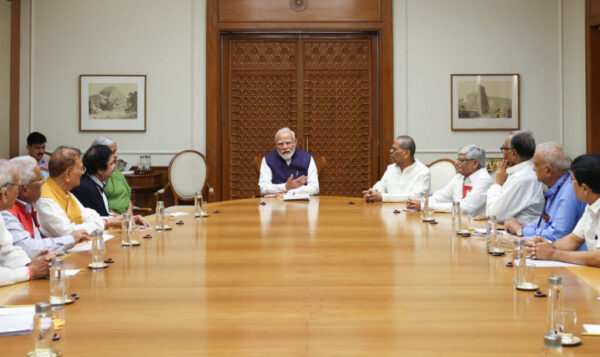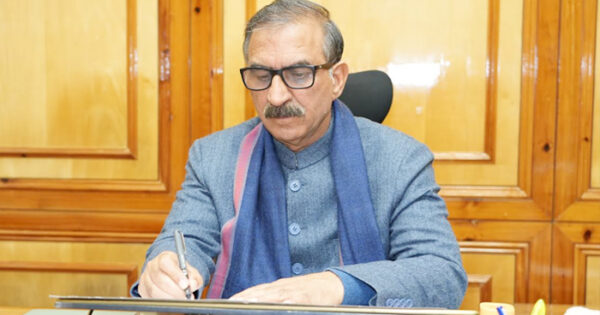Latest News
Government launches Unified Pension Scheme: Key details and implications for employees
The Centre has officially approved the Unified Pension Scheme (UPS), a landmark decision benefiting around 23 lakh central government employees.

New Delhi, August 25: The Centre has officially approved the Unified Pension Scheme (UPS), a landmark decision benefiting around 23 lakh central government employees. This new scheme aims to provide better financial security and stability to government employees after retirement, marking a significant shift from the National Pension System (NPS).
Key features of the Unified Pension Scheme
The UPS has introduced several notable features to provide better retirement benefits for government employees:
- Assured pension: Employees with a minimum of 25 years of service will receive an assured pension of 50% of their average basic pay in the last 12 months before retirement. For those with a lesser service period, the pension will be proportionate to their tenure, with the minimum qualifying service period set at 10 years.
- Assured family pension: In the event of the death of an employee, their spouse will be eligible for a family pension fixed at 60% of the pension received by the employee before their death.
- Assured minimum pension: Employees with at least 10 years of service will get a guaranteed minimum pension of ₹10,000 per month on retirement.
- Inflation index: Both assured pension and family pension will be adjusted for inflation to maintain their real value over time.
- Dearness relief: Those retired under UPS will get dearness relief based on the All India Consumer Price Index for Industrial Workers (AICPI-IW) at par with existing employees.
- Lump sum payment on retirement: In addition to gratuity, employees will get a lump sum payment on retirement. This amount will be 1/10th of their monthly emoluments (including salary and dearness allowance) for every completed six months of service. The assured pension will not be affected by this lump sum payment.
Comparison with Old Pension Scheme (OPS)
The introduction of UPS comes against the backdrop of debate on pension schemes. The Old Pension Scheme (OPS), which is in force in many non-BJP states, offers pension linked to dearness allowance and provides 50% of the last drawn salary. However, OPS has faced criticism for being financially unviable due to its non-contributory nature, which puts an increased burden on the exchequer.
In contrast, UPS is designed to address these concerns by providing a more predictable and secure pension plan. It ensures that pensions keep pace with inflation and provides additional financial support through a lump sum payment on retirement.
Prime Minister Narendra Modi endorsed UPS, highlighting its importance for government employees. “We are proud of the hard work of all government employees who make a significant contribution to national progress. The Unified Pension Scheme ensures dignity and financial security for government employees, in line with our commitment to their well-being and a secure future,” Modi posted on X.
Outcome and future prospects
UPS will directly impact 23 lakh central government employees, if state governments adopt the scheme then its benefits can reach 90 lakh employees across the country. The move aims to provide government employees with a more secure and financially stable retirement, addressing long-standing problems with existing pension systems.
As the scheme is implemented, it will be closely monitored to evaluate its impact and effectiveness on the financial well-being of employees. The shift from NPS and OPS to UPS represents a significant change in India’s pension landscape, promising better benefits and greater financial security for government retirees.



